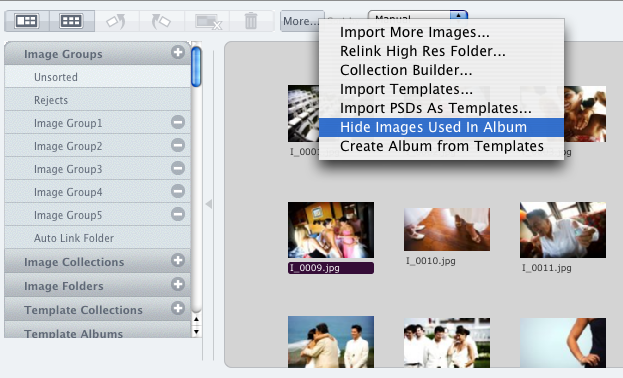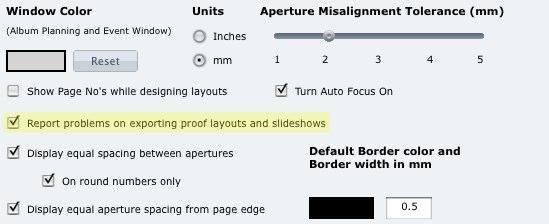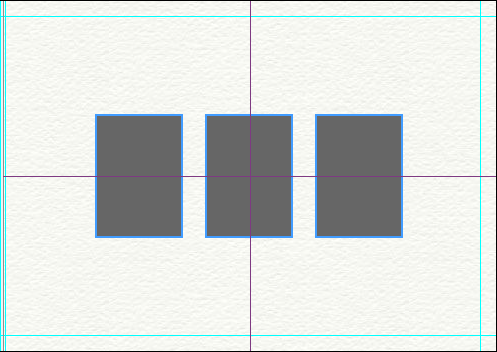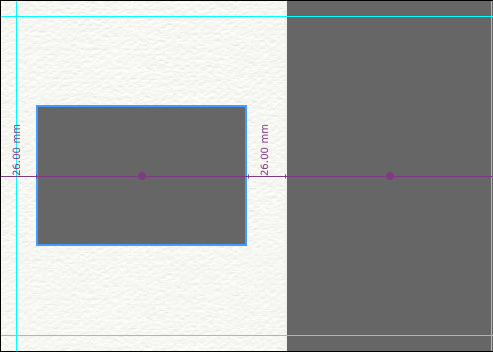Blog
Welcome

Recent posts
SEARCH RESULTS FOR: Layouts

During our Photojunction webinar today someone asked how to hide the images in the Event window, which they've already used in their current album design. The same question's just popped up on Twitter too, so here goes... The simple answer is this: Hit the More button in the Event window and select Hide images used in album. That'll remove from the Event window all the images you've used in your album design. To have them show back up, select the new option Show images used in Album under the More menu. That's pretty simple. But there's a few other features I think you'll be interested in... To View More >>

You can now choose in the Photojunction Preferences to have the Problem Reporter report on any problems in your album design when you create a slideshow or proof sheets from it. Why's that useful? Well you'll need any problems fixed before you order the album, so if you're going to create a slideshow or proof sheets of it, you can be sure they're perfect too, and exactly as per the album. This option is set on as a default but you can turn it off by heading to the Preferences and unchecking 'Report problems on exporting proof layouts and slideshows'. Easy. Cheers, Nigel To View More >>

By tolerances we mean the threshold at which Photojunction's Problem Reporter will report an aperture misalignment. Confusing I know, so let me explain... Photojunction detects apertures that aren't exactly aligned with each other (misalignments) and warns you about them in the Problem Reporter. Because misalignments show up as 'Warnings' in the Problem Reporter you could ignore them and move on to send the order if you wanted. However we strongly recommend checking and resolving any reported misalignments as a slight aperture misalignment (say 1-2mm) is probably not deliberate, and will probably To View More >>

A couple of changes have been made to the way templates operate, making them even smarter than they already were. Here's the low-down... 1) When dropping a template onto a layout, Photojunction no longer Groups the apertures, which should make templates easier to understand for any users who haven't come to terms with Groups yet. Photojunction automatically scales and centers the template on the layout for you. That'll make editing a whole lot quicker and easier. 2) When using a Queensberry Duo template, Photojunction remembers which apertures were Matted and which were Digital. As with all To View More >>

We introduced Smart Centering in release 1.32, and you told us you loved it. So in 1.39b, we've made Smart Centering a whole lot smarter. Photojunction now Smart Centers apertures in the remaining available space on a layout. Here's an example of a split mat (Fill Full Height or Fill Full Width) aperture layout. The smaller of the two apertures has been centered in the remaining available space on the mat, as the measurements and purple alignment line indicates. You can also hover your mouse over the 'Align to page centre' button in the Tools window to find the center of the remaining available To View More >>



Email: info@queensberry.com
Free Phone Numbers:
New Zealand: 0800 905 905
Australia: 1800 146 251
USA: +18668350851
UK: 0800 808 5271
Canada: +1 855 581 0370